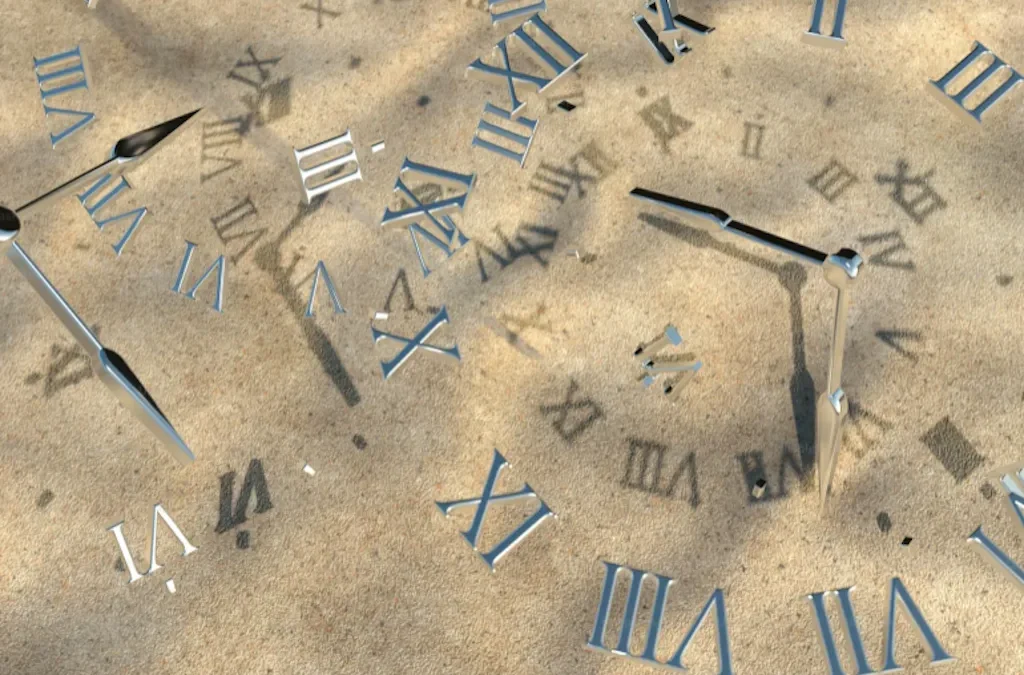Key Facts
How aware are we of our talents? We often hear and read about various concepts like talent, competence, and skill. But how well do we really know ourselves? How much importance do we place on our career journey? Is our career shaped merely by a résumé or by where the wind takes us? Or is it formed through conscious choices within a well-planned career path?
This topic, which I’ve encountered frequently during career development coaching sessions, is something I find extremely important. “Many people—and I’m not exaggerating—fail to recognize a significant portion of the experiences they gain throughout their career journey because they don’t know how to look at them.” I’m not saying this because people exaggerate their experiences; quite the opposite. Many people cannot fully recognize some of their skills and talents, leading them to feel inadequate or weak. This indecision about where, in which direction, and how to go results in individuals who are not satisfied with their careers.
Every decision, choice, fear, and success we encounter in our daily or professional lives is an opportunity and a space where we can showcase our talents. When you look deeply into these areas, you may find that the moments of happiness and fulfillment are those when you were showcasing your talents. Approaching your career from this perspective, and examining the tasks you’ve successfully completed in depth rather than superficially, will help you see the talents you possess. To do this, it’s crucial for a person to know themselves, not in the sense of limiting themselves, but in terms of understanding what they can achieve. Even a simple task, job, or project you’ve completed can contain many skills and competencies within it. A wrong decision or mistake you’ve made also contains many new lessons and insights. Nobody wants to remember the mistakes they’ve made because, in our culture, making mistakes is seen as negative and bad. However, despite this, by deeply analyzing the mistakes we’ve made, we can access many new pieces of knowledge and skills we’ve learned through experience. When we remember a “success” that we’ve forgotten or that seemed small to us in our career, we will see the values and skills we possess.
A project, task, or piece of work that you engage in with inner motivation, where you lose track of time, can reveal a talent or a strong behavior—competency—that you possess, even if you didn’t realize it at the time.
When we don’t think about what our talents have accomplished, when we don’t give it much thought, we might miss out on seeing how our career has developed and which skills have brought us to where we are today. So, how can we determine our short-term or long-term goals and work toward them
Unfortunately, many people still see career development as merely obtaining education. Many believe that their careers have stagnated or not developed because they haven’t attended training sessions at their companies. When they hear about a “Career Journey,” some people think that the driver’s seat in the “career vehicle” is occupied by Human Resources or their own managers. “My manager and HR didn’t promote me” is a very familiar statement. But this has long been no longer the case. Everyone now holds the steering wheel of their own “career vehicle,” managing their own career.
Where are you? What is happening in your relationship with your career?



